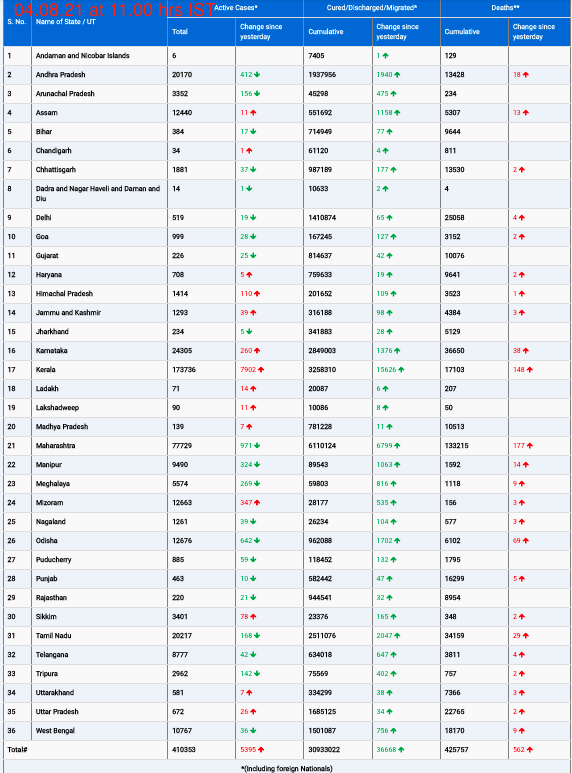In a breakthrough discovery, a research group in Japan has uncovered a remarkably simple yet effective method to reduce feelings of anger: writing down one’s reaction to a negative incident on paper and then disposing of it. Lead researcher Nobuyuki Kawai and his team found that this straightforward act significantly diminishes anger, offering potential implications for anger management in various settings.
Published in Scientific Reports, the study highlights the importance of controlling anger both at home and in the workplace, as it can have detrimental effects on personal and professional relationships. Traditional anger management techniques often lack empirical support and can be challenging to implement in the heat of the moment. The newfound method, however, provides a tangible and accessible approach to anger reduction.
The research builds upon years of previous studies exploring the connection between written expression and emotional regulation. Kawai and his graduate student Yuta Kanaya from Nagoya University’s Graduate School of Informatics designed an experiment to investigate how writing and disposing of negative thoughts on paper could impact feelings of anger.
Participants were asked to express their opinions on significant social issues, unaware that their writing would be evaluated negatively by planted doctoral students. Following the harsh criticism, participants were instructed to write down their thoughts on the feedback, focusing on the emotions it triggered. Crucially, they were then divided into two groups: one instructed to dispose of their written response, and the other to retain it.
The results were striking. While all participants reported increased anger after receiving negative comments, those who disposed of their written response experienced a significant reduction in anger levels. Conversely, participants who kept a physical copy of their response showed only minimal decreases in anger.
Kawai envisions practical applications of this technique, particularly in high-stress environments like the workplace. “This technique could be applied in the moment by writing down the source of anger as if taking a memo and then throwing it away when one feels angry in a business situation,” he explained.
Furthermore, the study sheds light on the cultural tradition of “hakidashisara” at the Hiyoshi shrine in Kiyosu, Aichi Prefecture, Japan. This annual festival involves smashing small disks representing sources of anger, akin to the act of disposing of written grievances in the study. The findings provide insight into the psychological relief reported by participants after participating in the festival.
The study, titled “Anger is eliminated with the disposal of a paper written because of provocation,” underscores the potential of simple, practical strategies in managing emotions and improving well-being.
As research continues to explore innovative approaches to emotional regulation, the Japanese team’s discovery offers a promising avenue for individuals seeking effective methods to navigate and mitigate feelings of anger in their daily lives.












